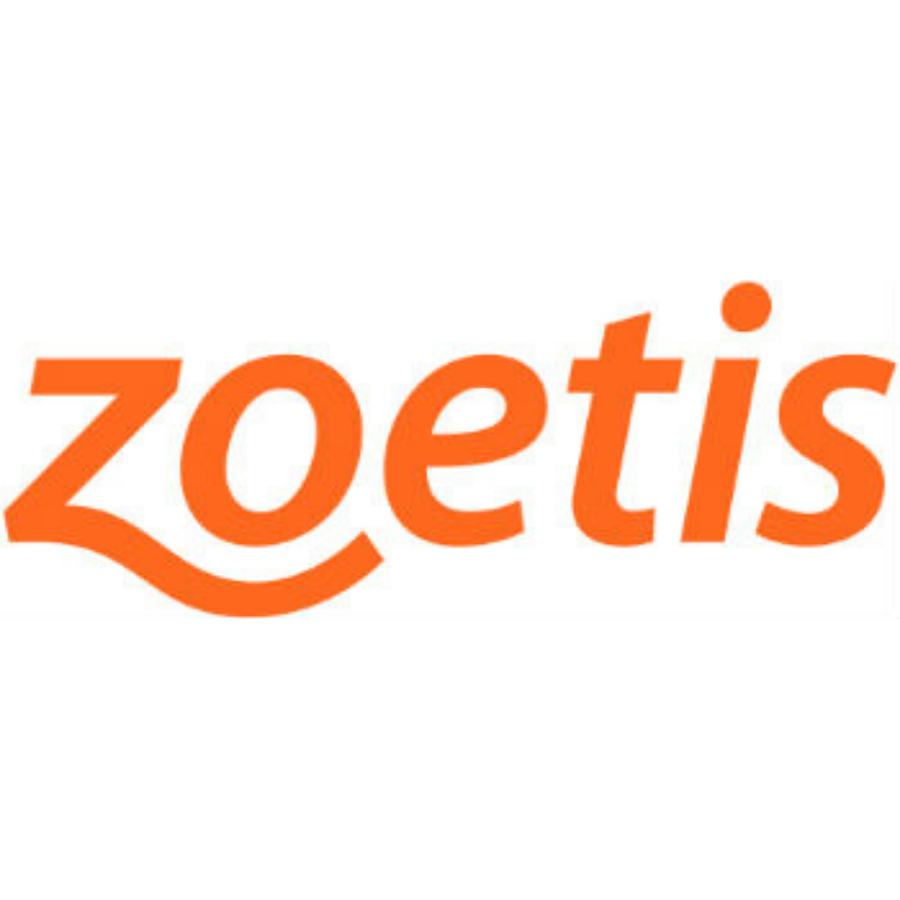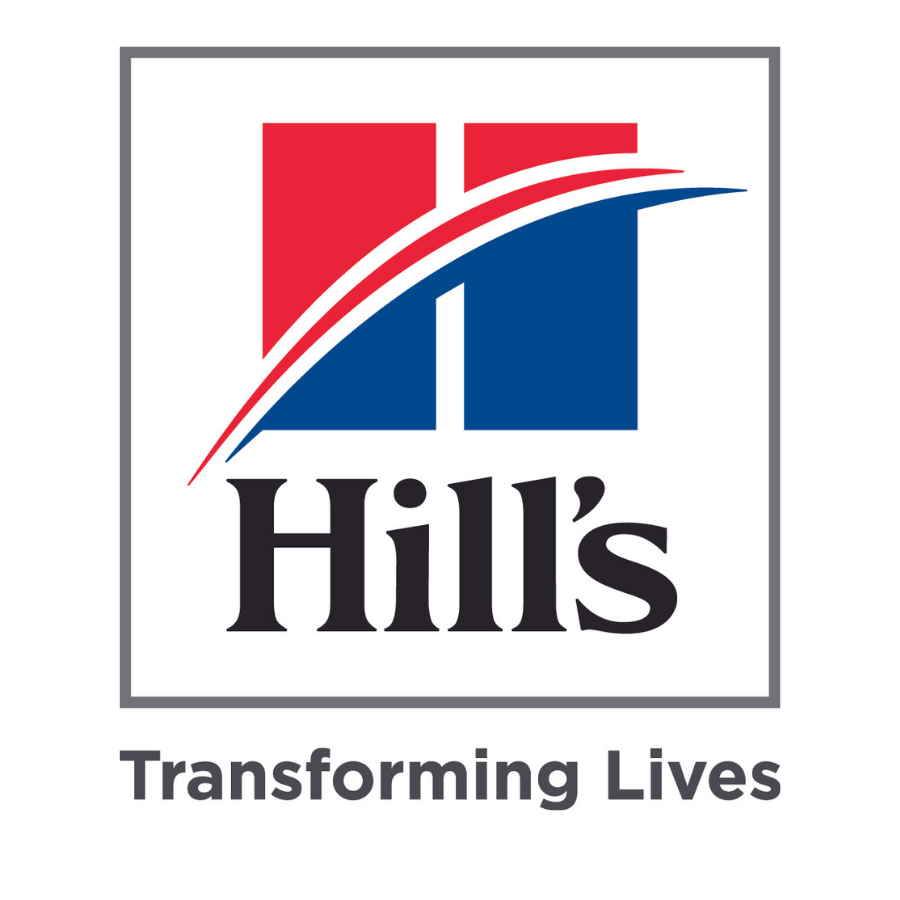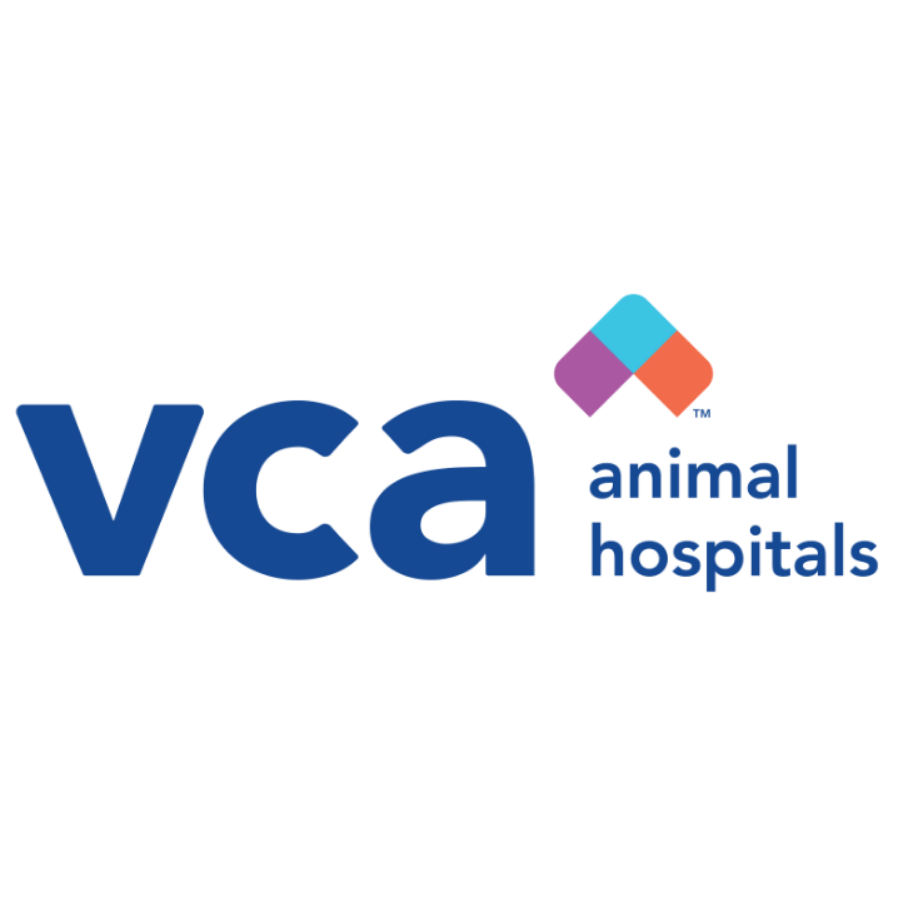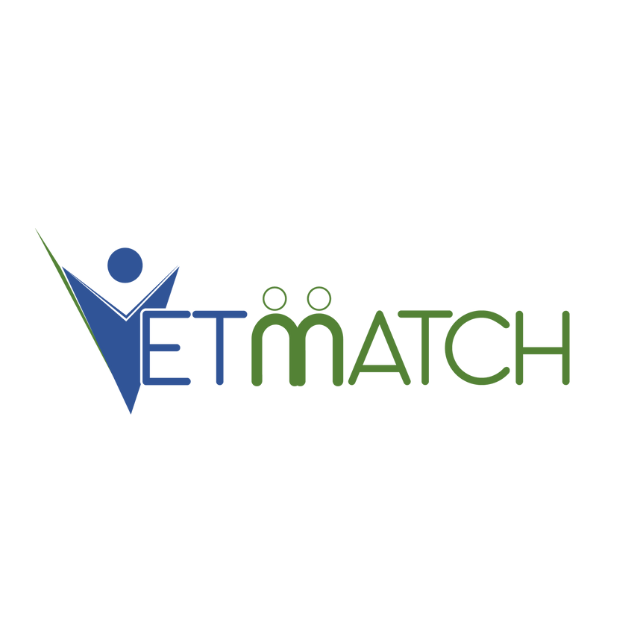|

The current Veterinary Practice Act (VPA) was updated and went into effect in August 2024. The VPA will continue until 2033, at which time it will undergo another sunset review. The following information is a summary of several key points pertinent to veterinary technicians, and the veterinary industry as a whole. For a detailed visual timeline, keep scrolling. To search for a veterinary technician's license, click here.
Technician Regulation and Title Protection
On January 1, 2023, the State Board of Veterinary Medicine (SBVM) became responsible for governing the practice of veterinary technicians. And yes, certified veterinary technicians transitioned to Registered Veterinary Technicians. For information about terminology, click here. In fact, title protection is one of the most impactful outcomes of the regulatory program. On and after January 1, 2024, anyone wanting to use the titles Registered Veterinary Technician, Veterinary Technician, RVT, or VT must be registered after meeting one of three different credentialing options. The credentialing options include: graduating from an AVMA-approved programs and passing the VTNE, or one of two experience-based credentialing pathways (discussed in more depth below).
CACVT has been approved by the SBVM as the credentialing entity for Colorado. This means CACVT will award applicants a credential (formerly certification) after verifying they have met the required qualifications for registration. This credential allows individuals to apply for registration and registration renewal with the Colorado Department of Regulatory Agencies, Division of Professions and Occupations.
Veterinary technicians credentialed in another state but working in Colorado will need to register with the SBVM and satisfy the requirements of the Occupational Credential Portability Program. These registration applications will be processed through the Division of Professions and Occupations.

State Board of Veterinary Medicine
In 2023, two registered veterinary technicians were appointed by the governor to serve 4-year terms on the State Board of Veterinary Medicine.
Rabies Vaccination
Beginning August 10th, 2022, non-veterinarians will be authorized to administer rabies vaccinations in a clinic setting under direct supervision of a licensed veterinarian. In animal shelters or a setting with shelter-owned animals, rabies vaccinations can be administered under indirect supervision of a licensed veterinarian. *Please check local ordinances on rabies vaccine administration
Peer Health Assistance Program
With the Veterinary Practice Act renewal, veterinary technicians are now included in the Peer Health Assistance Program. This program offers resources for veterinary professionals who need guidance for their physical or mental health, while ensuring everyone in the field is equipped to perform with reasonable skill and safety. The program is administered by Peer Assistance Services and is tasked with monitoring veterinary professionals who self-report in the event of conviction for a drug or alcohol related crime. PAS also provides counseling and support for veterinary professionals who are referred for treatment.
How can you support your staff?
- An important way to support your veterinary technicians is financially. Registration with the state, plus the Peer Health Assistance Program, is an additional cost coupled with credentialing fees. Not only are you supporting your veterinary technician's dedication to maintain their registration, but will join the 66% of employers who are already covering their technician's credentialing fees (according to CACVT's 2024 veterinary technician demographics).
- Do you employ veterinary technicians credentialed in another state? They are also subject to the registration requirement discussed in the Technician Regulation and Title Protection section. Please ensure they are aware of the requirements by forwarding this information!
- Send them to us with any questions!
|








